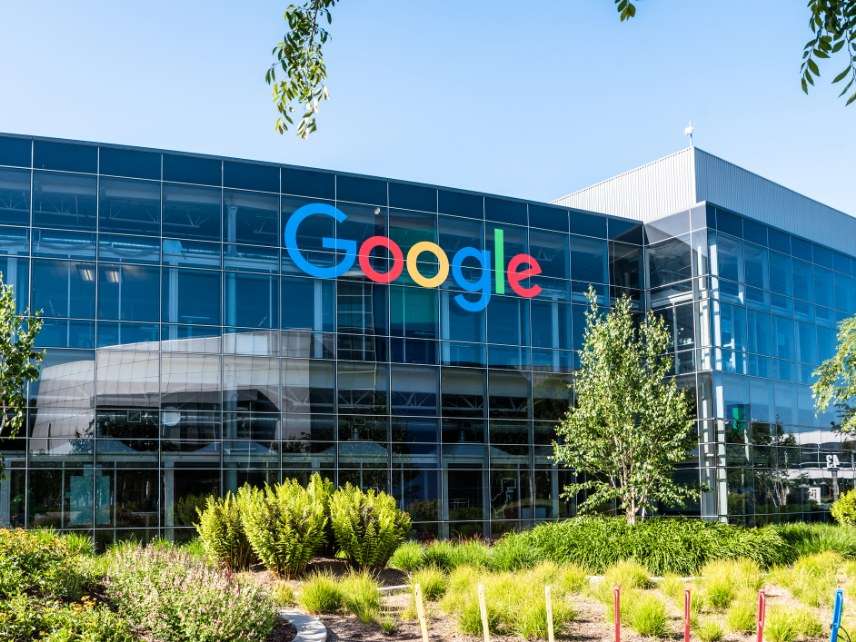Google Shuts Down Political Ads in Two States Due to Difficult Reporting Guidelines
This will hurt local challengers, not the Kremlin.

Google, one of the biggest online platforms for advertising, is currently refusing to accept local political ads in two states: Washington and Maryland.
Blame the panic over Russian-purchased political advertisements intended to sway U.S. elections. Thanks to fears of Russian interference, some states have passed laws demanding more information about who is buying ads and how much they're paying for them.
The problem isn't the demand for transparency. It's politicians' insistence on creating hyperfast reporting guidelines without knowing if or how tech and media companies can comply. In Maryland, a new law requires online platforms to keep track of political ad buys and disclose the information to the public within 48 hours. The problem is that Google doesn't sell advertisements in a way compatible with the law. It's not selling ads with a flat upfront charge; it has a dynamic system that charges based on the campaign's success in reaching people.
So on Friday, Google announced that it would, at least temporarily, stop accepting ads for political campaigns within the state of Maryland. This follows on the heels of a similarly move in Washington a month ago, after the state enacted "emergency" rules required real-time reporting disclosure of online ad buys including "descriptions of the geographic areas and locations targeted and the total number of views generated by the ads." According to a Google spokesperson, the company values transparency but doesn't have the tools to comply with these rules as written.
It's not as though Google is resisting transparency itself. The company has been working to provide more information about online political ad buys. In May it announced it would start verifying the identities of people purchasing political ads to make sure they were American citizens or lawful residents. It's building a database of political ads that includes sources of funding and how much gets spent.
But candidates in two states are (for at least the moment) going to have to live without Google ads. That's kind of a problem. Google and online platforms now dominate the advertising market—Google brought in $95 billion in ad revenue in 2017—because they're an efficient mechanism for targeted campaigns. The Baltimore Sun explains who will be hit hardest by the suspension in Maryland:
They are especially useful for candidates in down-ballot races such as for state delegate, for whom the costs of television or radio can be prohibitive. The trade magazine AdAge calculated that from 2012 to 2016, spending on political digital ads increased 789 percent.
These rules don't impact everybody in the political sphere equally. Google's decision makes it harder for challengers with less money and connections to reach voters. The incumbents, who wrote and voted for these regulations, get the benefits. They have years of press coverage. They have war chests. They have name recognition.
And do we really think the Russians are trying to meddle in the race over who represents Rockville? The New York Times notes that the Internet Research Agency, the Russian company accused of meddling in the 2016 presidential election, spent $5,000 on Google ads. Yet the panic over Russian ads (which don't even appear to have been particularly effective) has allowed these bills to sail through. Hardly anyone seems interested in considering why these regulations are being written and pushed by elected officials who stand to benefit from them.


Show Comments (24)